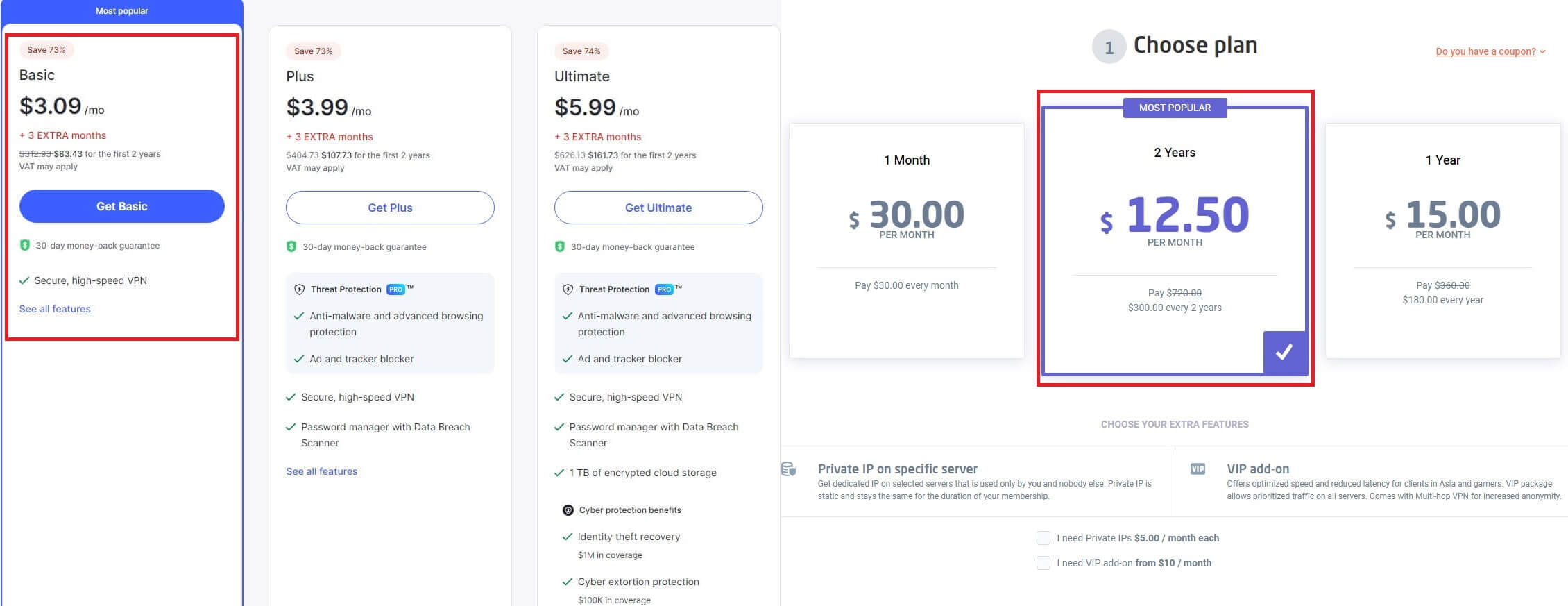
Are you still relying on a free VPN in 2025? It’s likely not the best decision. The straightforward activity of surfing the internet, which many of us assume is safe, is already fraught with potential risks, ranging from data tracking to harmful attacks. Using untrustworthy software like free VPNs can lead to complications and may allow malicious entities access to your network. While a basic Virtual Private Network (VPN) delivers a fundamental layer of security through internet traffic encryption and IP address masking, today’s threat environment necessitates a more thorough approach.
If you’re in the market for a new VPN, it’s essential to understand that for just a little extra monthly cost, you could access a plethora of transformative digital features. Here are several important aspects to consider:
Network Performance
One of the most significant advantages of upgrading to a premium VPN is enhanced network efficiency. Unlike many basic or free VPNs that often impede your connection and impose hidden bandwidth restrictions, paid options are generally designed for speed and dependability. This minimizes latency and ensures a fast, steady connection for streaming and downloading large files. The performance aspect is vital, as it eliminates the main hurdle to regular VPN usage: disabling it due to slow load times or download speeds.
Improved Security Features
Beyond standard VPN functionalities, a key distinguishing factor of a premium service is its comprehensive security framework. A basic VPN establishes a secure path for data, but it frequently falls short in safeguarding against external hazards encountered on websites. Paid VPN solutions incorporate features like AI-driven safeguards against scams, phishing attempts, and malware. This proactive defense layer actively searches for and helps eliminate harmful content before it can jeopardize a device, whether it’s a PC, Mac, tablet, or smartphone. This is essential in a time when social engineering and intricate phishing schemes are becoming increasingly prevalent.
Password Management
The presence of a robust Password Manager within your VPN streamlines the generation and secure storage of unique, complex passwords. The safest passwords are lengthy, intricate text strings, far too complicated to memorize. Having a designated, encrypted safe to keep these passwords is one of the most secure methods to protect your accounts.
Parental Control Features
For caregivers, the inclusion of Parental Control functions is a significant benefit. This feature allows for managing children’s screen time, filtering content to prevent access to inappropriate material, and offering insights into their online activities, such as search phrases and video history. This functionality transforms the VPN from a mere individual security tool into a holistic family cyber safety solution, providing mechanisms to guide and safeguard minors in the digital space.
Cross-Device Access
If you’re paying for a service, you would expect to be able to use it across all your devices. Opt for a premium VPN that is compatible with both Mac and/or PC (depending on your setup) and also offers convenient access on mobile devices and tablets through a dedicated app.
Tracker Blocking Functions
Moreover, some premium VPNs come with integrated tracker blockers. These aids help prevent tracking cookies that operate on various websites. The outcome is a more private browsing experience and a marked decrease in targeted advertising. This is where our current recommendation, Norton VPN Ultimate, excels.
While a basic VPN ensures a necessary degree of data privacy, a contemporary, feature-rich VPN service like Norton VPN Ultimate becomes a groundbreaking tool. By merging high-speed, dependable connectivity with built-in protection against malware, tracker blockers, and enhanced security features. If you are looking for even greater anonymity, advanced functionalities like IP Rotation and Double VPN, where your connection is routed